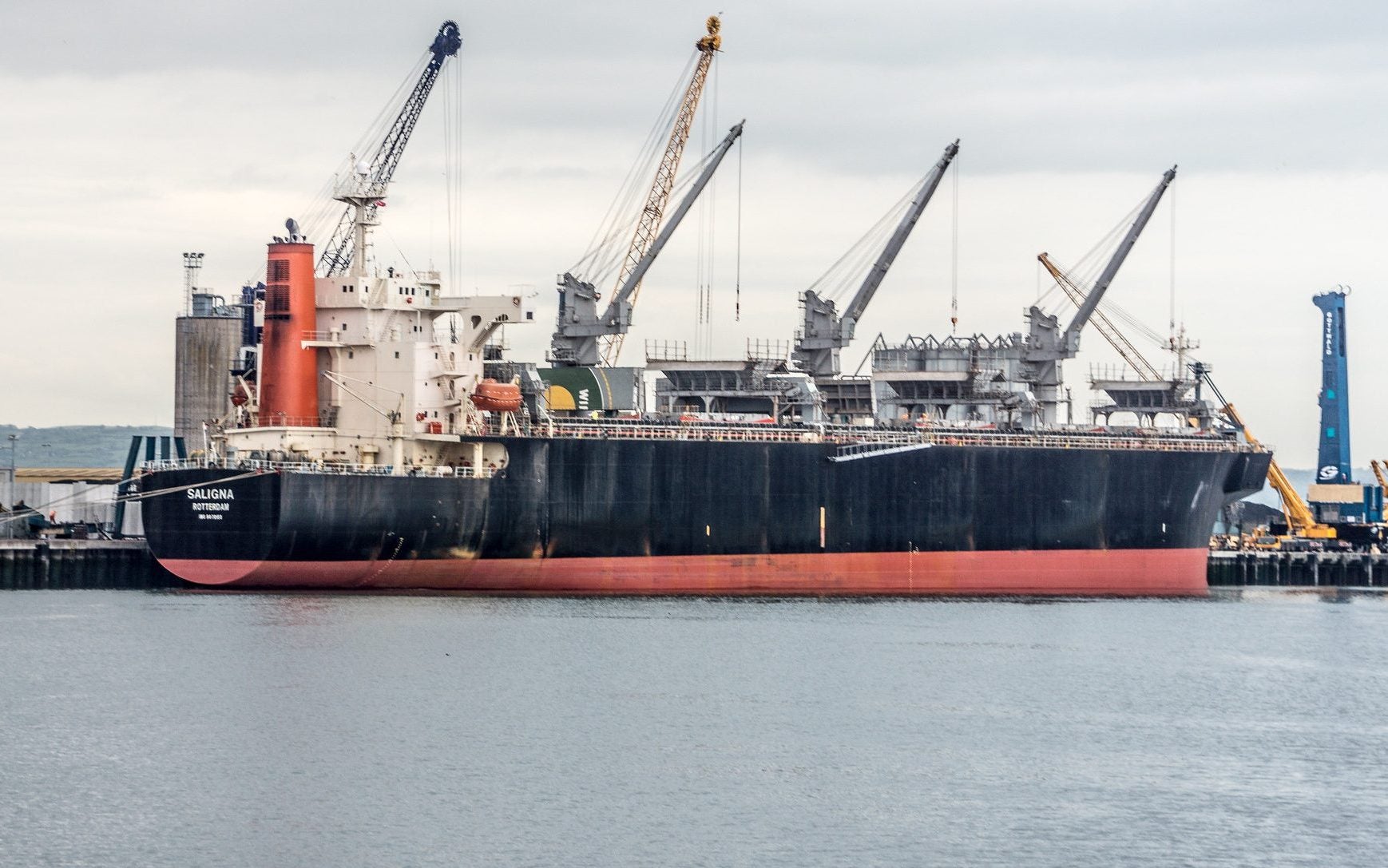
UK retail CEOs have written to the Government and The European Commission to warn they may have to move supply chains from the UK to the EU if rules governing Northern Ireland trade are not reviewed.
Since Brexit, how Northern Ireland trades with the British mainland has been governed by the Northern Ireland protocol. The protocol is a dispensation that keeps the border between Northern Ireland and the Irish Republic open but does not allow goods to cross south into the EU member state without checks.

Discover B2B Marketing That Performs
Combine business intelligence and editorial excellence to reach engaged professionals across 36 leading media platforms.
The protocol, which means there are some controls on goods moving across the Irish Sea from Great Britain to Northern Ireland, was signed as part of the post-Brexit trading arrangements between the UK and the EU in December.
A grace period built into the deal to allow business to prepare ends in October.
In the letter, chief executives of six of the UK’s largest grocers, including Tesco and Sainsbury’s, warned the rules due to be introduced are “unrealistic and disproportionately onerous”.
They wrote: “Our stores supply over 75% of the affordable, nutritious food Northern Irish consumers enjoy and we are writing to ask for urgent interventions from both the UK government and the EU to prevent significant disruption to food supplies in the coming months. A large proportion of the food we sell is sent from GB and we currently have no certainty on how we will continue to do that from October.”

US Tariffs are shifting - will you react or anticipate?
Don’t let policy changes catch you off guard. Stay proactive with real-time data and expert analysis.
By GlobalDataThe letter to Lord Frost, the UK’s Brexit minister, and European Commission vice president Maros Sefcovic, was put together by UK industry trade body The British Retail Consortium.
In a separate statement, the BRC said: “From October, unless a solution is found, retailers will face increased cost and complexity when moving goods from Great Britain to Northern Ireland. This is a result of increased checks at Northern Ireland ports, additional paperwork requirements, and the need for export health certificates on products of animal origin. The challenges this will create in sourcing could force many retailers to move supply chains from GB to the EU.”
In the letter, also signed by the CEOs of Asda, The Co-op, Marks and Spencer and Iceland Foods, Frost and Sefcovic were told the protocol would lead to a “significant reduction” in what grocers could sell, reduced shelf-life and increased costs.
“As an example, in a typical lorry from GB there will be 650 different product types requiring 16 different types of export health certificate and 720 pages of paperwork. We have already learned from what has happened with the GB-Republic of Ireland market.
“One supermarket has over 1200 lines that are not currently being exported to ROI. The number of lines impacted will be even more in Northern Ireland with more supermarket chains impacted,” the letter stated.
“We are not prescribing a particular solution and we will work to deliver any solution successfully – this could be a veterinary agreement a wider SPS agreement, a facilitated movement scheme or something else.”
Yesterday, Frost told a committee of UK legislators the country’s government will set out its ideas for trade with Northern Ireland tomorrow (21 July). He underlined that the UK government’s current position is that the protocol, as agreed before Christmas, was “not sustainable”.
He told MPs: “I think the only way it can be made sustainable is if we could find a way to hugely reduce or eliminate the barriers between Great Britain and Northern Ireland, goods moving in that direction, and we need to – as we go forward – try and find a way of achieving that.”





